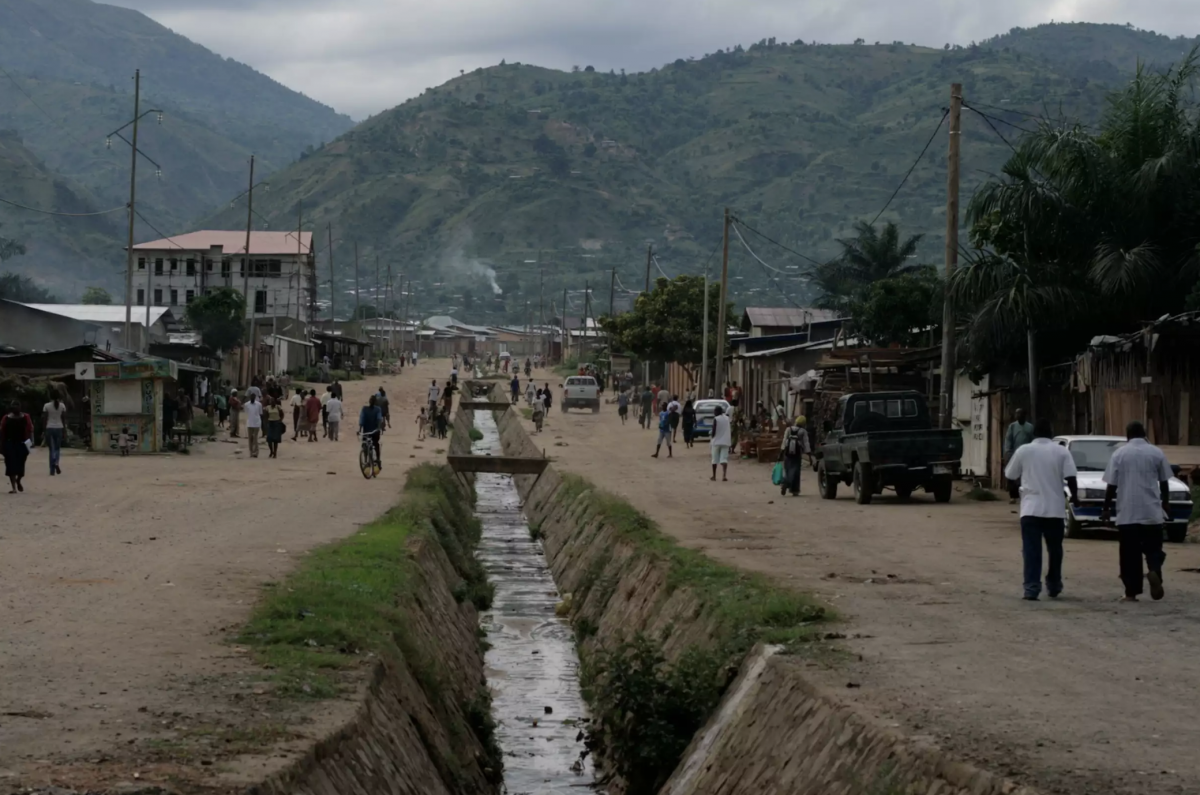Supporting Burundi to advance their NAP Process
Project Overview
Apr 2014
Government delegation from Burundi attends NAP-GSP / PAG-NAP Francophone Africa Regional Training Workshop, Addis Ababa, Ethiopia
Aug 2014
Burundi launches its NAP process to reduce its vulnerability to climate change by integrating adaptation policies into all sectoral and national plans
Sep 2015
Burundi submits its Intended Nationally Determined Contribution (INDC) to the Paris Agreement
Jan 2017
A Stocktaking Report and a preliminary roadmap for advancing the NAP process in Burundi is developed
Oct 2017
A Readiness and Preparatory Support Proposal is submitted to the GCF for potential funding for the NAP process
Jan 2018
Burundi ratifies the Paris Agreement

Country background, Sustainable Development Goals and Paris Agreement
Burundi is a small, landlocked country in East Africa and is extremely vulnerable to climate change. By 2050 average annual temperatures are projected to increase by up to three degrees. This drastic change in climate will increase the prevalence of flooding, land degradation, reduction in soil fertility, reduction of water resources, and the frequency and intensity of extreme weather events.
With 90 percent of the active population employed by the agricultural sector, the effects of climate change pose a direct threat to livelihoods. Climate vulnerability assessments show reduced water availability is already causing crop yields to decrease as well affecting the fishery and aquaculture industries. Extreme weather events (prolonged droughts and floods) will alter grazing patterns and the quality and quantity of fodder, disrupting livestock productivity, and changes in precipitation patterns will negatively impact the forestry and hydropower industries. The major concern stemming from these impacts is human health. During periods of heavy rainfall waterborne and diarrheal diseases will spread and during dry periods malnutrition and water scarcity threats will be heightened.
These vulnerabilities underpin the necessity of integrating climate change adaptation interventions into national and sectoral plans. Burundi has a number of key documents relevant to developing a NAP. It’s two National Communications to the UNFCCC (2001; 2010) outline the country’s climate-sensitivities, forming a building block for proceeding documents such as: the Vision Burundi 2025 (2011); the Strategic framework for growth and fight against poverty 2012- 2015; and the National Strategy and Action Plan on Climate change. Together these documents form a framework on how the country can stride towards achieving the Sustainable Development Goals. The Intended Nationally Determined Contribution (INDC) Burundi submitted to the Paris Agreement in 2015, digs deeper, and specifically identifies the priorities for climate change adaptation planning. To boost Burundi’s resilience to climate change the INDC states the country needs to focus on building up human and institutional capacity, as well as advancing technical and technological transfers.
How has the NAP-GSP supported to date?
|
Conducted a mission to Burundi to begin stocktaking process
|
In August 2017, the NAP-GSP undertook a mission to Burundi and initiated a stocktaking of available information, policies, plans, strategies and programmes relevant to the NAP process.
|
|
Prepared a Stocktaking Report based on information gathered on mission
|
Based on the stocktaking mission, a Stocktaking Report was produced in consultation with all key stakeholders. This outlines Burundi’s needs and their current planning capacities in terms of climate change adaptation, allowing for a strategic perspective on the overall NAP process.
|
|
Helping to build capacity and facilitate access to additional climate finance
|
Specifically support was provided through the preparation of a Readiness and Preparatory Support Proposal, to submit to the Green Climate Fund, that outlines a NAP project and request for funding. The main objectives of the proposed project are to increase Burundi’s capacity to generate and disseminate climate-relevant knowledge, integrate climate change into development planning, in particular the National Development Plan (2018 - 2027), and design and implement a strategy to scale up financing for adaptation. An inter-sectoral, multi-stakeholder framework is planned to coordinate climate change initiatives.
|
Project Details
Level of intervention:
Key collaborators:
Project status:
Completed
Funding source:
